Ukraine Conflict: Putin's Stance On Nuclear Weapons
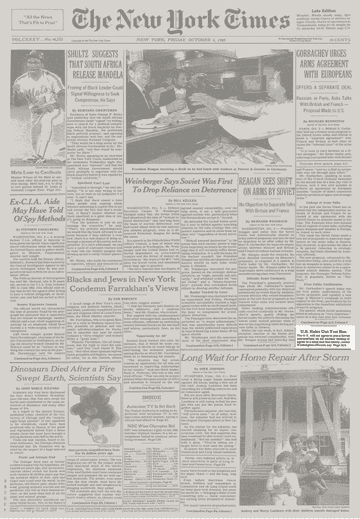
Table of Contents
Russia's Nuclear Doctrine and its Evolution
Understanding Putin's actions requires a firm grasp of Russia's nuclear doctrine. This doctrine, focused on nuclear deterrence, has undergone subtle yet significant shifts, impacting the interpretation of Putin's recent statements. Key tenets include the concept of "escalation to de-escalate," suggesting a willingness to escalate to a higher level of conflict to force an opponent to de-escalate. This is a crucial element in understanding the nuances of Putin's nuclear threats and his strategic calculations.
- Escalation to De-escalate: This controversial concept posits that Russia might escalate to a lower level of nuclear use (tactical nuclear weapons) to force an opponent to back down, avoiding a larger-scale nuclear war. This strategy relies on the opponent's aversion to further escalation.
- Post-Ukraine Conflict Adjustments: While Russia's official doctrine remains largely unchanged, the Ukraine conflict has witnessed a more assertive nuclear rhetoric from Moscow. This suggests a potential shift in the practical application of the doctrine, although the exact nature of this shift remains a subject of ongoing debate among experts.
- Nuclear Deterrence as a Cornerstone: Nuclear weapons remain central to Russia's strategic thinking. Their possession is perceived as a crucial deterrent against perceived aggression from NATO and the West. This perception significantly influences Putin's decision-making process.
Putin's Statements on Nuclear Weapons Use
Putin's statements regarding nuclear weapons have ranged from veiled threats to more explicit pronouncements, creating ambiguity and fueling international concern. Analyzing these statements within their specific contexts is crucial to understanding their true meaning. It's important to distinguish between rhetoric aimed at domestic audiences and those targeted at the international community. The subtle differences in wording and delivery can significantly alter the intended message.
- Specific Examples: Notable examples include Putin's warnings about potential responses to perceived threats to Russia's territorial integrity and his pronouncements on the potential use of nuclear weapons in the event of an existential threat to Russia. Analyzing these statements requires careful consideration of the specific context and timing of their delivery.
- Contextual Analysis: Many of Putin's statements have been made in response to Western sanctions, military aid to Ukraine, and NATO expansion. These contextual factors are crucial for evaluating the intent behind his rhetoric.
- Interpretations: Threats or Signaling? Determining whether Putin's statements constitute genuine threats or strategic signaling remains a challenge. Experts are divided on this issue, with some interpreting his statements as a bluff and others expressing genuine concern about potential escalation.
Geopolitical Context and Western Responses
Putin's increasingly assertive nuclear rhetoric is deeply intertwined with the geopolitical context of the Ukraine conflict. Several key factors contribute to this heightened tension, including NATO expansion, Western sanctions, and the provision of military aid to Ukraine. These factors have shaped Russia's perception of its security environment and influenced Putin's decision-making.
- NATO Expansion: Russia views NATO's eastward expansion as a direct threat to its security interests. This perceived threat has significantly influenced Putin's strategic calculations and contributes to his justification for a more assertive nuclear posture.
- Western Sanctions: The imposition of Western sanctions has further intensified Russia's sense of isolation and has likely contributed to Putin's reliance on nuclear deterrence as a countermeasure.
- Military Aid to Ukraine: The provision of military aid to Ukraine by Western countries is perceived by Russia as a direct provocation, furthering Russia's sense of being encircled and contributing to the escalation of nuclear tensions.
Assessing the Credibility of Nuclear Threats
Assessing the credibility of Putin's nuclear threats is a complex and crucial task. The potential for miscalculation and accidental escalation adds another layer of complexity. Determining the likelihood of actual nuclear weapon use involves considering various factors including domestic and international pressures, as well as the potential consequences of such an action.
- Miscalculation and Accidental Escalation: The risk of miscalculation, accidental escalation, or unintended consequences cannot be ignored. The potential for a catastrophic escalation stemming from a misjudgment or a technical malfunction is a real and present danger.
- Escalation Dominance: The concept of "escalation dominance" – the belief that one side can escalate a conflict to a level that the other side cannot or will not match – plays a significant role in the calculations of both Russia and the West. This precarious dynamic increases the risk of unintended escalation.
- Domestic and International Pressures: Putin's decisions are influenced by both domestic and international factors. Domestic political considerations, combined with international pressure, shape the trajectory of his nuclear policy.
Conclusion
This article has examined Putin's stance on nuclear weapons in the context of the Ukraine conflict, analyzing his pronouncements, Russia's nuclear doctrine, and the geopolitical pressures at play. While assessing the credibility of nuclear threats remains challenging, understanding the complex interplay of factors influencing Putin's decisions is vital for navigating this dangerous period. The potential for escalation remains a serious concern, demanding careful and continuous monitoring.
Call to Action: Further research into Putin's evolving nuclear posture and the implications for international security is paramount. Stay informed about this critical issue and continue to monitor the situation in Ukraine to better understand the potential for escalation and the complexities of Putin's nuclear weapons policy. Understanding Putin’s nuclear threats is crucial for global security.

Featured Posts
-
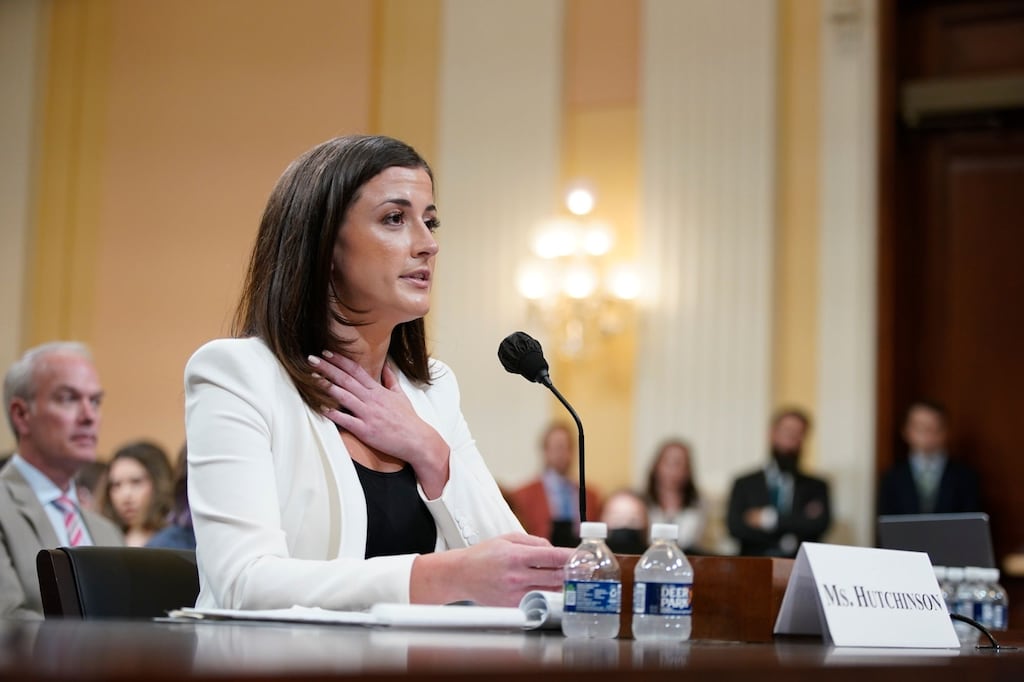 Cassidy Hutchinsons Memoir Key Jan 6 Witness To Detail Events This Fall
May 06, 2025
Cassidy Hutchinsons Memoir Key Jan 6 Witness To Detail Events This Fall
May 06, 2025 -
 Line Of Dutys Martin Compston His Honest Take On A Potential Return
May 06, 2025
Line Of Dutys Martin Compston His Honest Take On A Potential Return
May 06, 2025 -
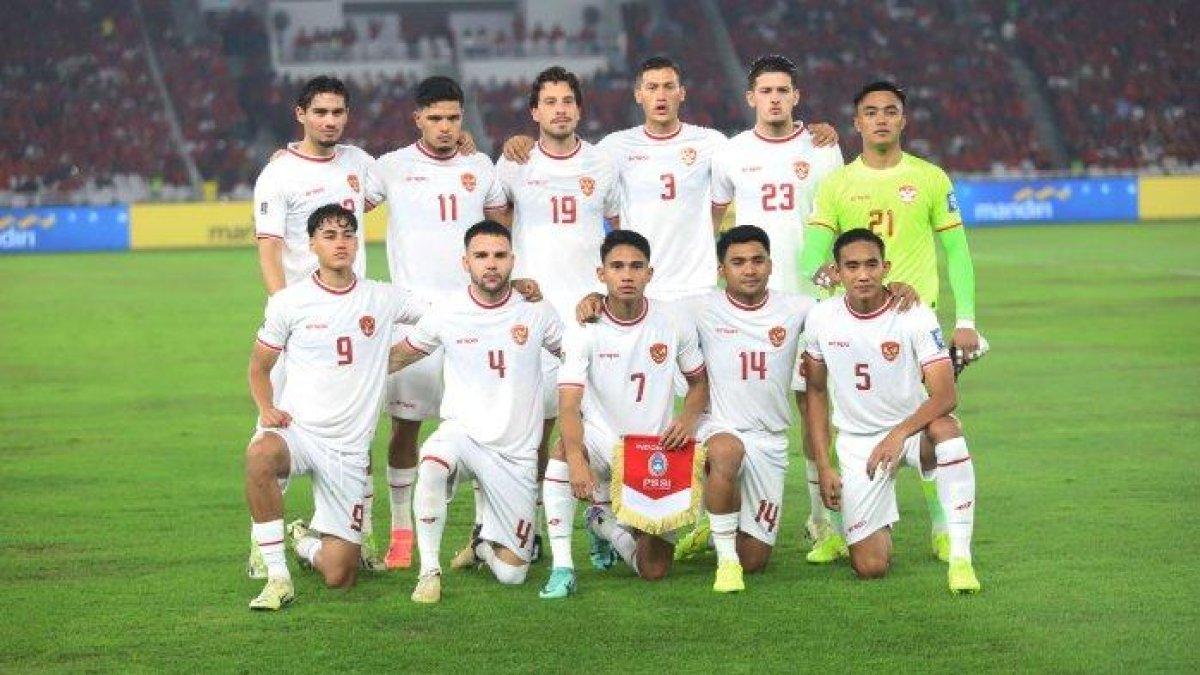 Timnas U20 Indonesia 0 0 Yaman Analisis Pertandingan Dan Posisi Akhir
May 06, 2025
Timnas U20 Indonesia 0 0 Yaman Analisis Pertandingan Dan Posisi Akhir
May 06, 2025 -
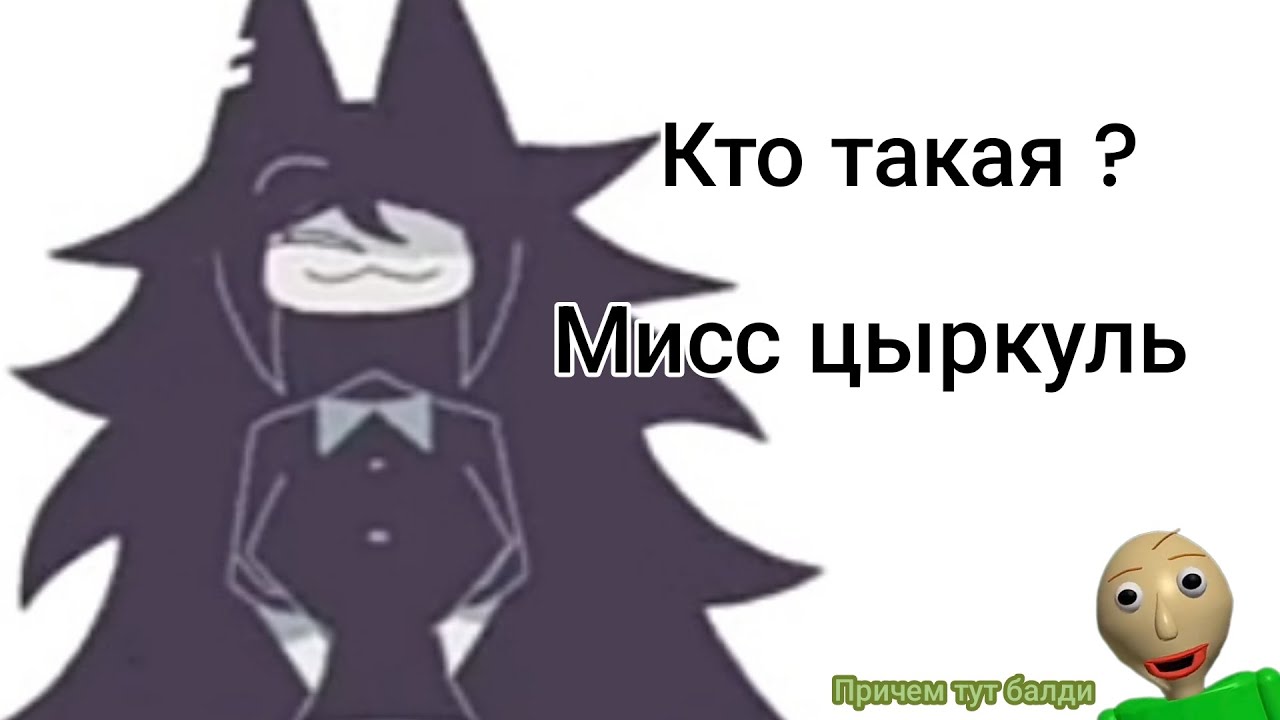 Fotosessiya Patrika Shvartseneggera I Ebbi Chempion Eksklyuziv Dlya Kim Kardashyan
May 06, 2025
Fotosessiya Patrika Shvartseneggera I Ebbi Chempion Eksklyuziv Dlya Kim Kardashyan
May 06, 2025 -
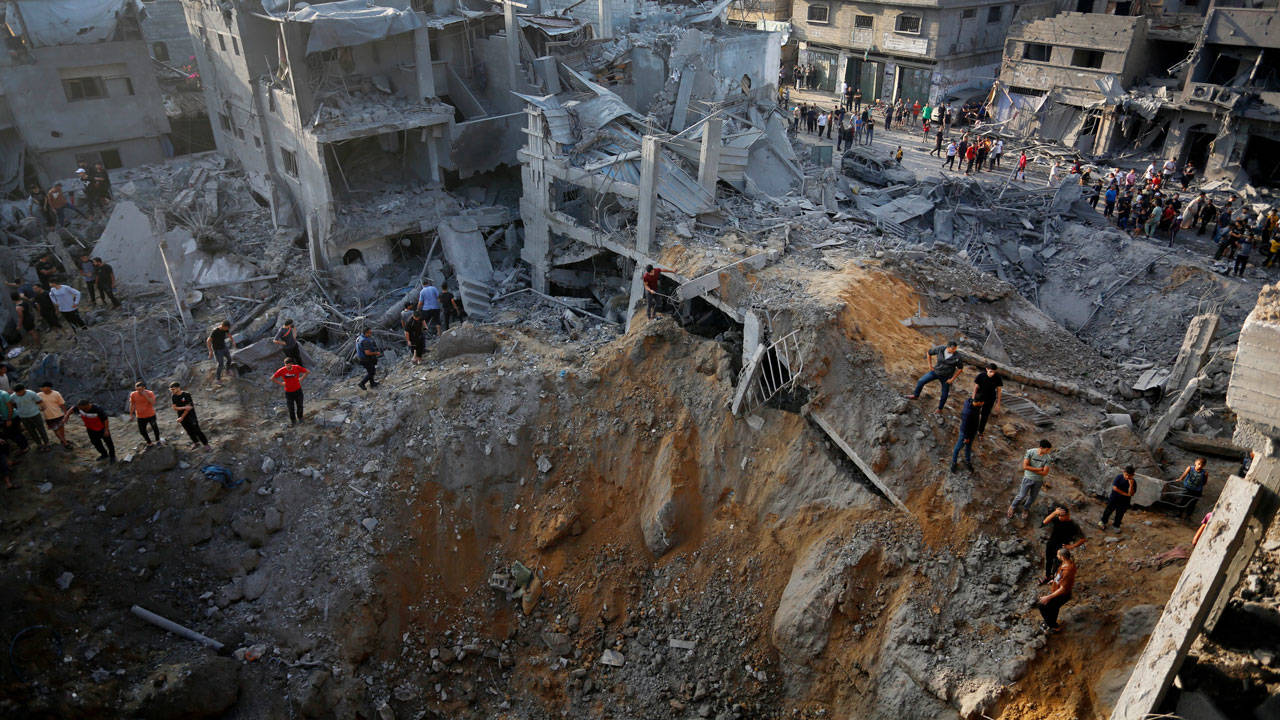 Gazze Kanalizasyon Sisteminin Coekuesue Anadolu Ajansi Ndan Detaylar
May 06, 2025
Gazze Kanalizasyon Sisteminin Coekuesue Anadolu Ajansi Ndan Detaylar
May 06, 2025
